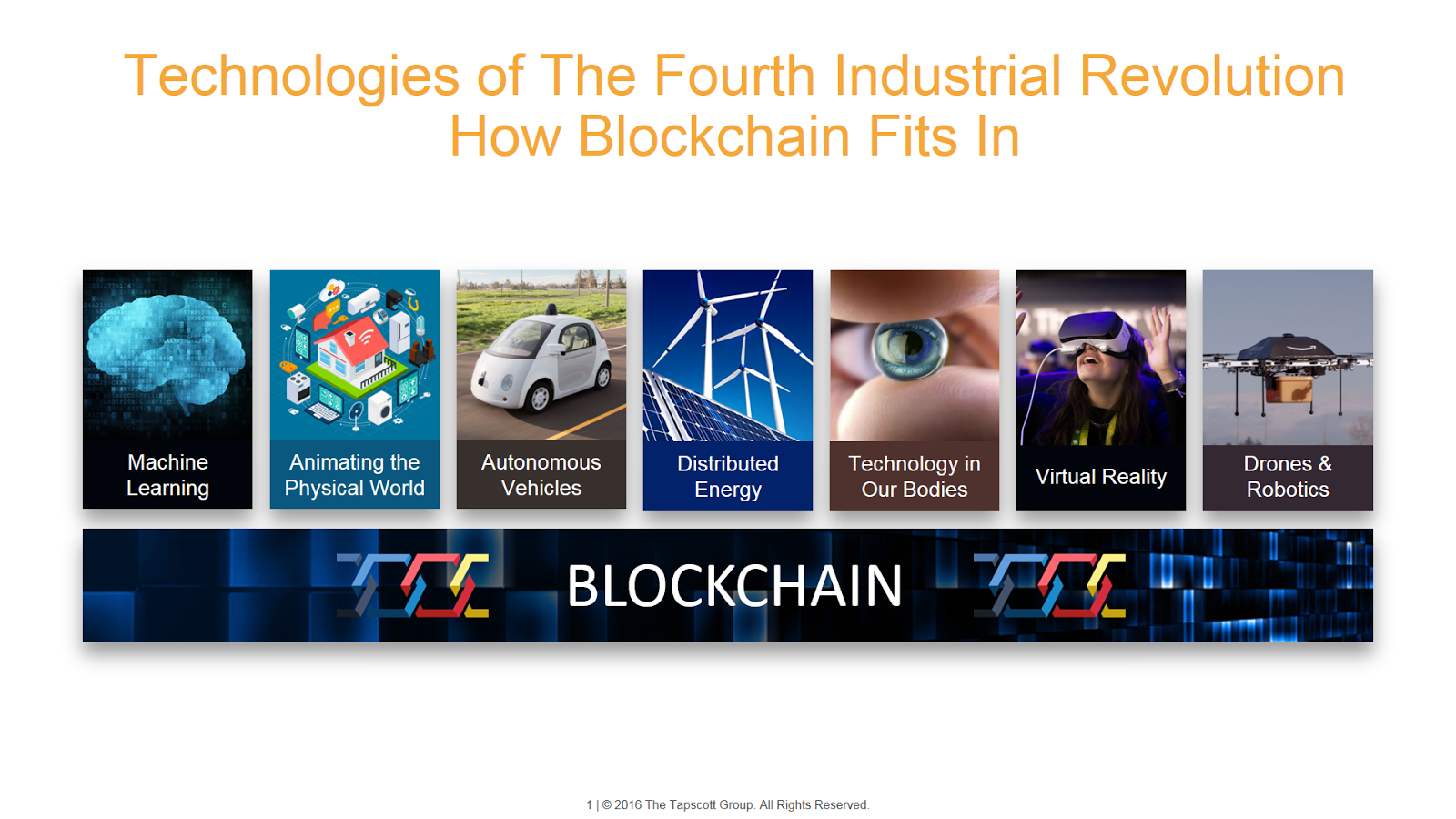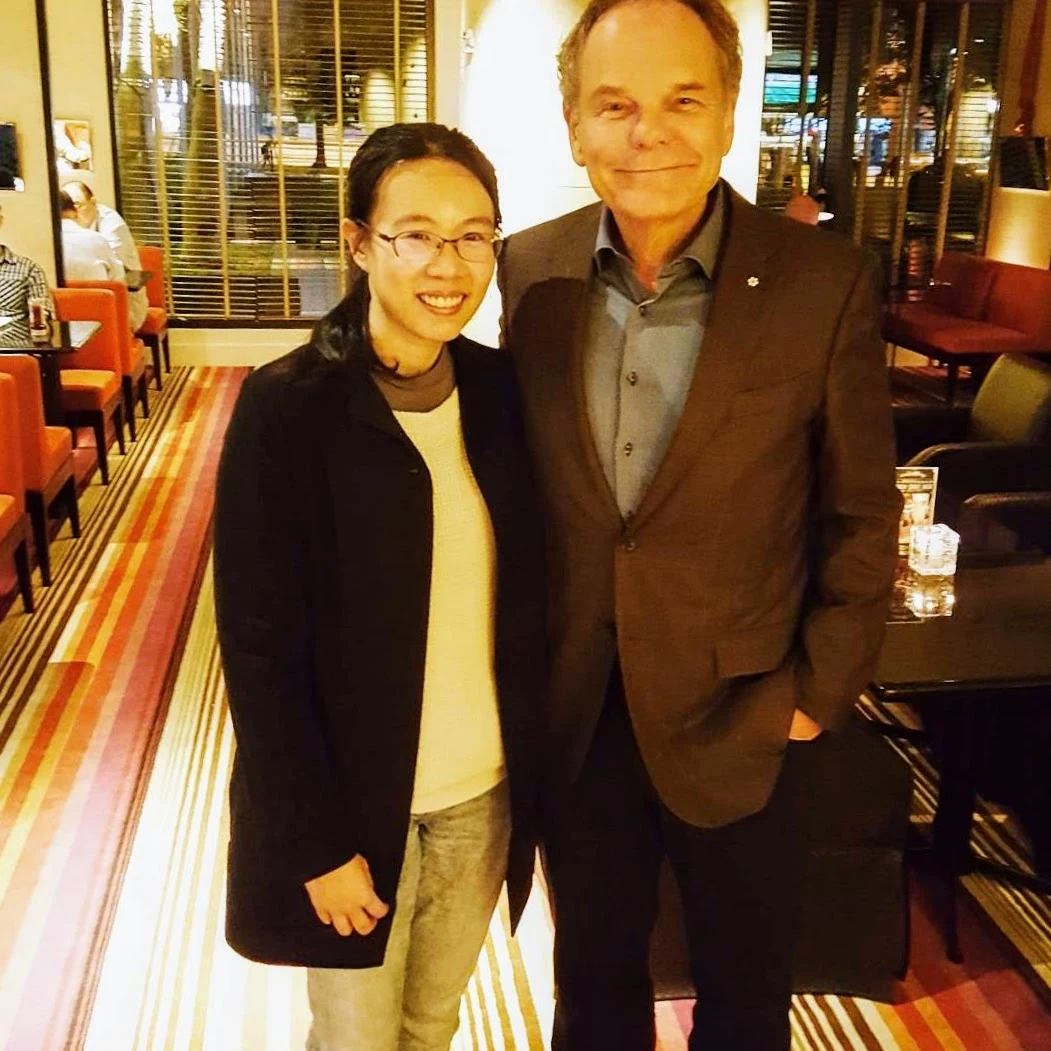Image by Penny from Pixabay 在文章的開頭先說明,這篇文章只會大概提一下自己今年線上參與的每個場次,也不會像未來可能出現的介紹,比較像是我自己從 2017 年參與聯合國網路治理論壇(IGF)至今的感想。有些人寫出國報告,有些人的人緣比較好可以辦分享會,我就在自己的部落格寫 自己的感想 。在此提醒讀到這篇文章的各位,要參與全球網路治理活動要注意自己的健康,因為這樣跨時區馬拉松式的會議,長久的參與雖然非常刺激也會讓人忘記要睡覺,但長期對身心都會造成傷害,尤其是心理健康,心理健康(Mental Health) 也是今年 IGF 會議討論的重點之一。 本篇文章不討論 Global Digital Compact (GDC),台灣人對 GDC 可能無感,也需要從 GDC 的發展過程去理解,還包括各個社群的意見,所以就留給其他參與者寫出國報告的內容,但建議細心閱讀大會文件「 The Internet We Want 」。 IGF 不是一年一度的盛大廟會 台灣一直有很嚴重的資訊不對稱的問題,我在剛開始參與時也以為IGF只有一年一次而已,就像台灣的某些研討會,可能一年一次或一年幾次,像廟會一樣,上台露臉講一下自己的意見就好。其實完全不同,IGF 有更多的年度間會議,在每一次的年會之間都有不同的社群在進行活動,IGF 的社群能否繼續下去,完全視能否有更多的資源,例如 最佳實務論壇 (Best Practice Forum, BPF) ,在 2014 年時還有 6 個,2022 年時剩 2 個,到 2023 年只剩下網路安全(Cybersecurity)討論群組,但也會有其他增加的,例如 政策網絡(Policy Network, PN) [1] ,平均每年大概都有 2 個 PN,2022年時的重點在網路碎片化,所以有在 2023 年時因為全球對人工智慧的關注,PN 的討論群組就增加為 3 個,也就是多了人工智慧政策網絡(Policy Networks Artificial Intelligencr, PNAI)。至於我每年都會在年度間線上參與的國家區域倡議者工作群組 (National, Regional Initiatives, NRIs),也會全年度參與全球各國家、區域的網路治理論壇,台灣不是聯合國的會員國,所以他們不會以官方身分來台灣。 IGF的討




留言
發佈留言
請勿匿名留言,待審核後才會出現。